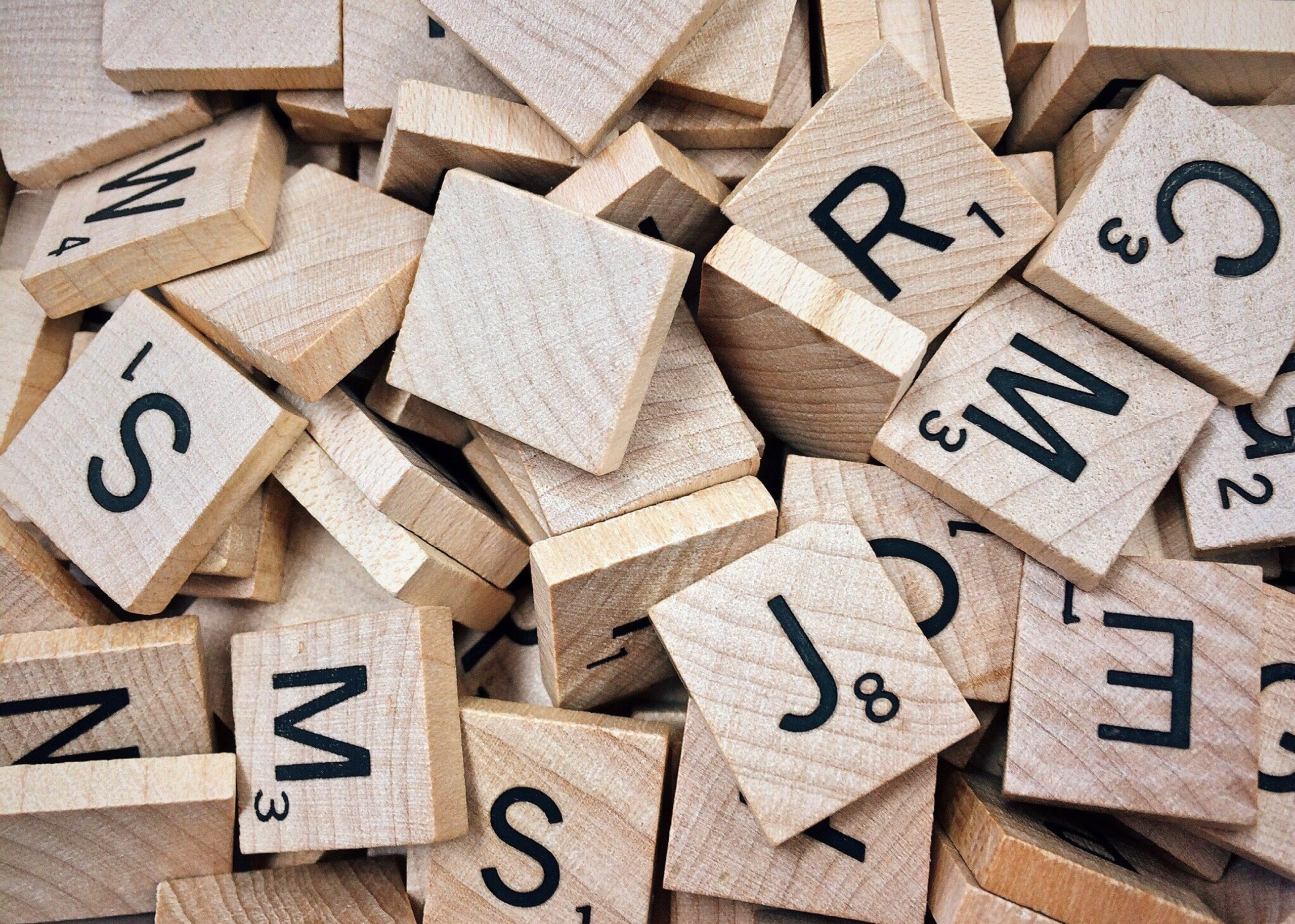Solving puzzles is a decent activity if you want to spend some time productively. People of all ages love to exercise their minds by solving puzzles. Kids do not love puzzles that much at the start, but once they get used to them, it becomes almost impossible to stop them.
But are these puzzles beneficial for your kids? The answer is a yes. These puzzles benefit your kids because they learn patience, new words, and strategies.
I’ll give you some of the best reasons you might want to allow your kids to solve as many puzzles as possible.
Table of Contents
1. They Help to Improve and Practice spelling
Word Puzzles help your kids to practice the spelling and the rules they learned at school or tuition. Puzzles like crosswords and anagrams make things easier because they only allow words from the Oxford English dictionary. Other games like Scrabble, Boggle, or more use different dictionaries, so they might find it harder than others. Solving word puzzles make learning spellings fun for your kids.
Although games like Scrabble, Bananagrams, Boggle, and Words With Friends have some rules, it does not mean they are not for your kids. They might be more difficult for new kids, but several solutions are present to overcome this hurdle. For instance, you can introduce your kids to online word tools to help them solve high-level puzzles.
They can search for different words by entering several conditions like `five-letter words, nine-letter words, words with specific initials, words without vowels, and more. You can start by allowing them to search for five-letter words or phrases because they are easier to learn than seven or more letter words. You should find this helpful if you want to know more about five-letter words that you can use in games like Scrabble.
2. They Help to Grow and Extend vocabulary
Your children’s vocabulary improves as they read, understand, and use new words. According to several surveys, word games are one of the best methods to enrich your children’s vocabulary with new words. Your children also get the opportunity to learn the meaning, usage, and synonyms of new words.
3. Word Puzzles Improve Your Children’s Working Memory
Word games can help both short and long-term memory to work together. Word puzzles such as wordles, anagrams, crosswords, logic problems, etc., help to improve your children’s working memory as they need to access vocab and definitions from their memory. It also affects their achievements, response time, and learning.
4. Word Games Improve Your Children’s Work Pace
Word puzzles improve your children’s processing speed because they have to quickly solve and answer the questions/puzzles in these games. Word games do not only help with literacy or English but also with other classroom tasks like mental maths, skimming through paragraphs, etc.
5. They Encourage and Improve Problem-Solving Skills
Crosswords, Scrabble, Boggle, etc., word games make your children think about how each word can interact with others on the grid. Similarly, code breakers make them think about several possibilities before they find the final answer.
Puzzles like Scrabble, Words With Friends, and Bananagrams do not only require a good vocabulary but logical and strategical thinking to win games. Word games allow children to use their creativity, problem-solving skills, and capability to think outside the box. You can also use this link to know more about the strategies your kids might need to win all word games.
6. Word Games Foster Persistence
Word games are challenging, and some of them might be a nightmare for adults too. These games require more than two or three attempts to reach the correct answer many times. Persistence is a primary factor your children learn when they keep trying even after failing in starting efforts.
It will help them massively in their professional and personal life where they will experience unexpected and high-level failures. Persistence helps your kids to go through difficult times and disheartening challenges.
7. They Can Assist With Improving Test-Taking Skills
Word Puzzles help develop skills like vocab, problem-solving, verbal reasoning, memory, grammar, strategies, etc. The more your children practice these skills, the more they become better at accessing and using these skills.
Using these skills frequently makes processing faster, which impacts the overall performance. This increased performance helps your children massively in school tests.
8. They can improve self-esteem
The accomplishment of winning hard word games like Scrabble gives your children enough satisfaction to make their day. It gives them pride, joy, and a sense of achievement, which massively boosts their self-esteem and confidence.
9. You Can Take Word Games Anywhere
You do not need to charge or carry cases to use puzzle boards or books anywhere else than your home. They are easy to carry anywhere, and you can install apps or play them on websites.
They are one of the cheapest, quiet, and portable games your children can enjoy anywhere at any time. You can carry them to wedding receptions, long journeys, or anywhere your children get bored quickly.
Verbal riddles are more convenient as you do not need any stationary or apps to use them. They are one of the most effective ways to learn and occupy time simultaneously.
Wrapping Up
Puzzles are a fun way to educate and improve the skills of your kids. You might only want to avoid giving too many word games to solve every day.
Featured Photo by Pixabay:




